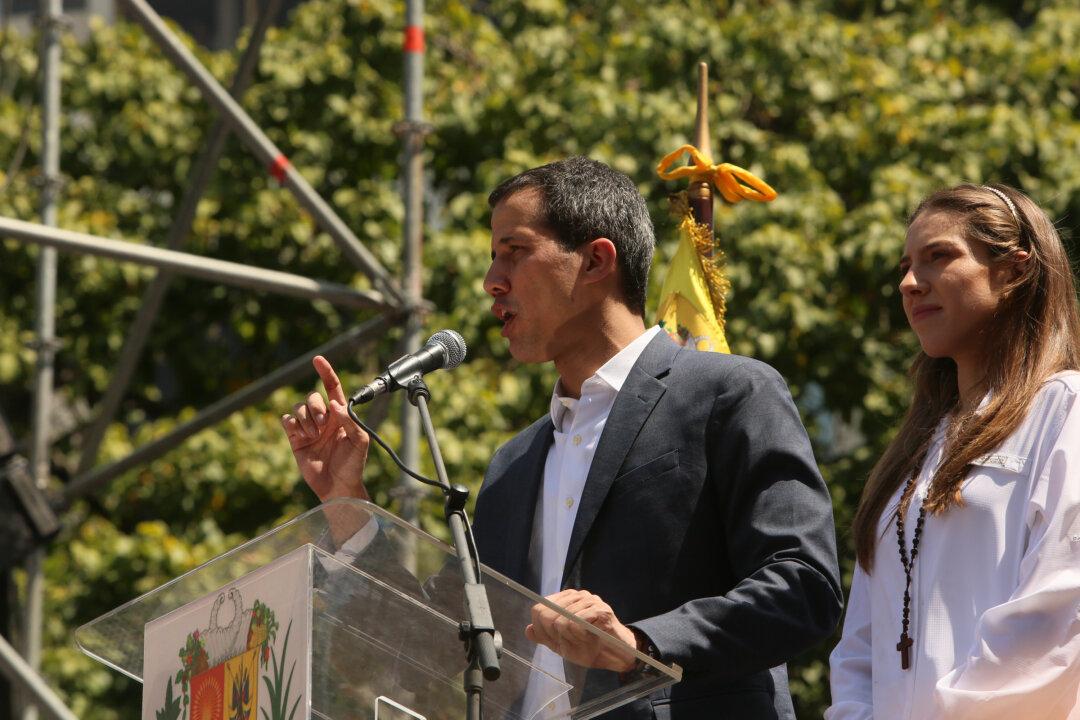Nine major European nations joined the United States and major South American nations in recognizing Juan Guaido as Venezuela’s interim president on Feb. 4, intensifying pressure on socialist dictator Nicolás Maduro to step down.
Britain, Germany, France, Spain, Portugal, Sweden, Denmark, Austria, and the Netherlands coordinated the announcement upon the expiration of an eight-day deadline for Maduro to call a new election.





